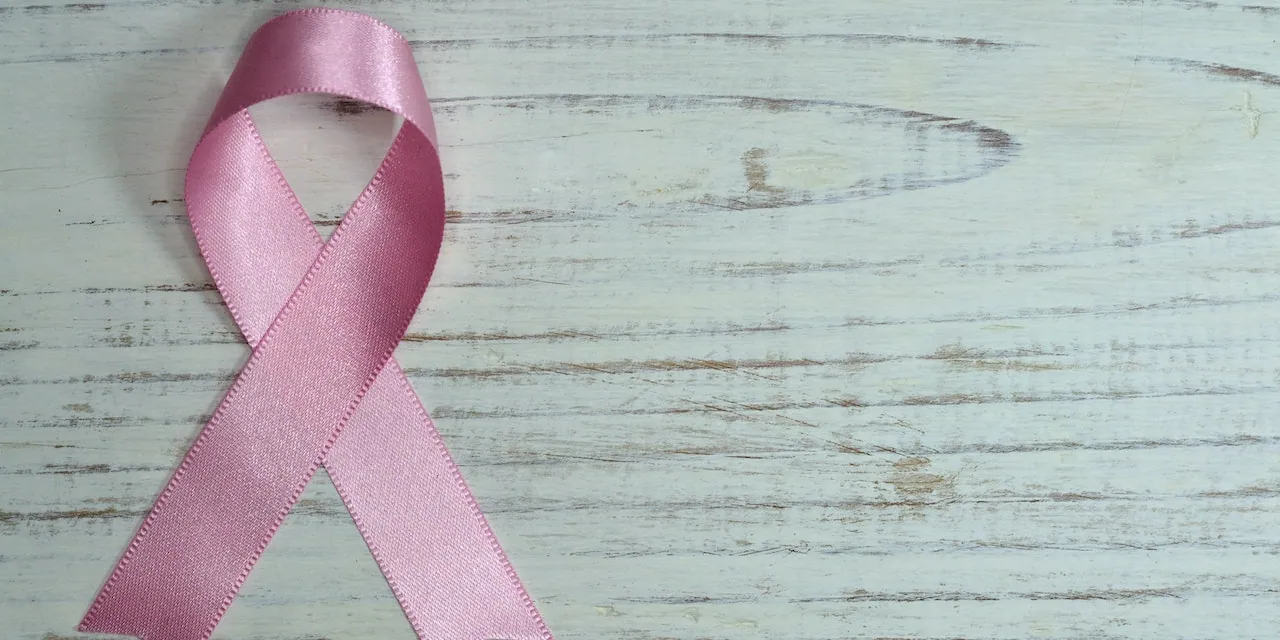
In anticipation of World Cancer Day, the International Agency for Research on Cancer (IARC), the cancer agency of the World Health Organization (WHO), has unveiled the latest global cancer burden estimates. These figures, drawn from 2022 data across 185 countries, underscore the escalating challenges posed by cancer, particularly its disproportionate impact on marginalized populations. Concurrently, a WHO survey covering 115 countries reveals a prevalent lack of sufficient funding for essential cancer and palliative care services as part of universal health coverage (UHC).
The 2022 estimates from IARC spotlight a burgeoning global cancer burden, emphasizing the critical need to address disparities on a global scale. With approximately 20 million new cancer cases and 9.7 million deaths in 2022, the statistics illustrate that one in five individuals will develop cancer in their lifetime, resulting in approximately 1 in 9 men and 1 in 12 women succumbing to the disease.
The WHO survey discloses that merely 39% of participating countries integrate basic cancer management into their financed core health services, known as ‘health benefit packages’ (HBP). Moreover, only 28% extend coverage to palliative care, reflecting a significant gap in addressing the comprehensive needs of cancer patients.
Highlighting the prevalence of certain cancer types, the IARC Global Cancer Observatory reports that lung, breast, and colorectal cancers collectively constitute a substantial portion of new cases and deaths worldwide in 2022. Lung cancer emerges as the most commonly diagnosed cancer globally, with disparities observed in incidence and mortality rates between men and women.
A striking revelation from the global estimates is the evident cancer burden inequity based on the Human Development Index (HDI), particularly concerning breast cancer. Higher HDI countries exhibit higher incidence and mortality rates, emphasizing the urgent need for addressing late diagnoses and inadequate access to quality treatment in lower HDI nations.
The WHO survey further exposes global disparities in cancer services, with wide gaps in the inclusion of services in health benefit packages between high-income and lower-income countries. These inequities underscore the urgent necessity for substantial investments to rectify global disparities in cancer outcomes.
Looking ahead, projections for 2050 anticipate a significant surge in the global cancer burden, with an estimated 77% increase in new cases compared to 2022. Notably, low and medium HDI countries are expected to experience a disproportionate rise in both incidence and mortality rates. The findings underscore the critical importance of addressing global disparities and ensuring accessible, quality cancer care for all, requiring not only resources but also political commitment.





